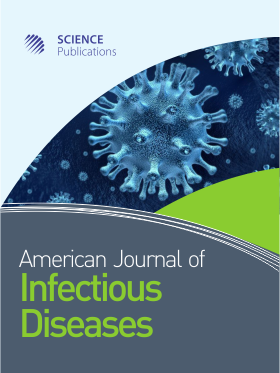Review of Pasteurella Multocida Infections over a Twelve-Year Period in a Tertiary Care Hospital
- 1 University Hospital of Heraklion, Greece
Abstract
The aim of this study was to present the epidemiological, clinical and microbiological data, as well as the management and the outcome of 13 patients with documented Pasteurella multocida infections, diagnosed in the University hospital of Crete, Greece, between 1993 and 2004. Most patients (62%) were >70 years of age. Respiratory tract infections were most commonly encountered (61.5%), followed by soft-tissue infections (30.8%) and septicemia (7.7 %). Underlying diseases included malignancies, bullous pemphigoid, mitral valve stenosis, coronary disease, chronic obstructive pulmonary disease and intracranial hemorrhage. Antibiotic sensitivity testing showed that all P. multocida isolates were susceptible to beta-lactams, quinolones, chloramphenicol, tetracycline and trimethoprim/sulfamethoxazole. Antibiotics were administered to all 13 patients and a clinical response was observed in 77% of them. The overall mortality rate was 23% (3/13) but only 15.4% (2/13) died from the infection. Although rare, P. multocida infections should be suspected in patients reporting animal exposure, particularly in those with chronic underlying diseases.
DOI: https://doi.org/10.3844/ajidsp.2005.107.110

- 5,504 Views
- 4,192 Downloads
- 16 Citations
Download
Keywords
- Pasteurella multocida
- infections
- zoonoses
- Greece
